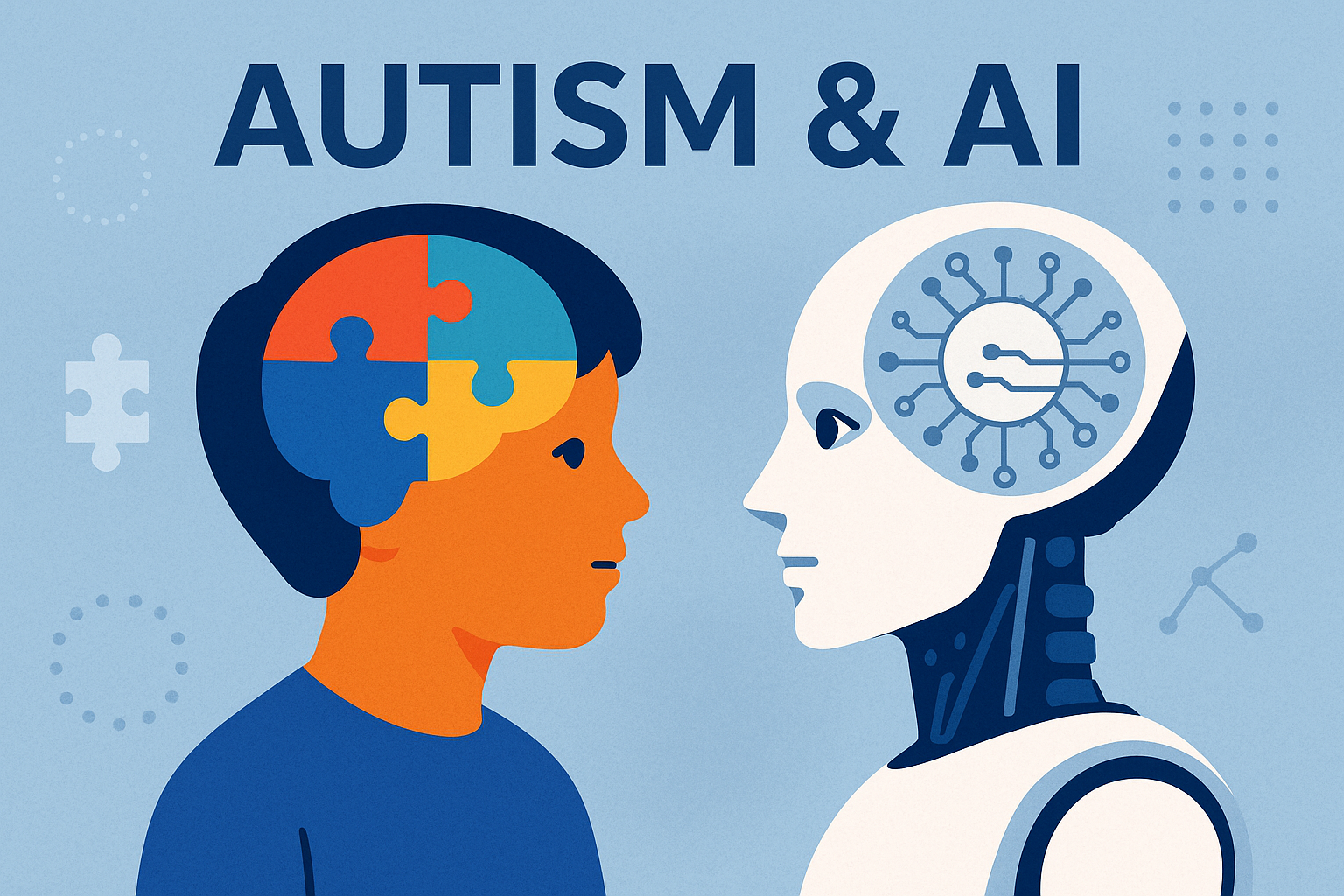integrate ML into iOS Apps _ Day 2
In the rapidly evolving field of mobile applications, incorporating machine learning (ML) can significantly enhance functionality and user experience. This guide highlights some machine learning frameworks available for iOS development in 2024, enabling developers to choose the right tools tailored to their specific needs. 1. Core ML Apple’s Core ML framework seamlessly integrates machine learning models into iOS apps, optimizing for on-device performance to ensure data privacy and swift operation. Ideal for a range of applications including image classification and natural language processing, Core ML is a cornerstone for developers aiming to implement intelligent features. Learn more about Core ML...

